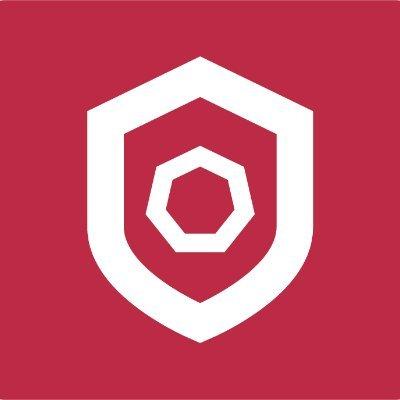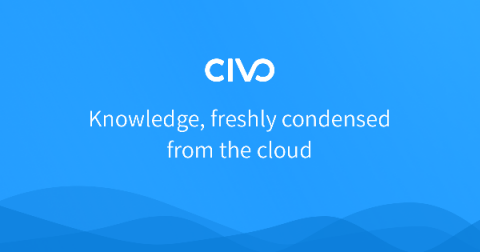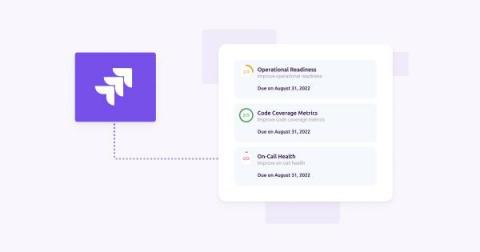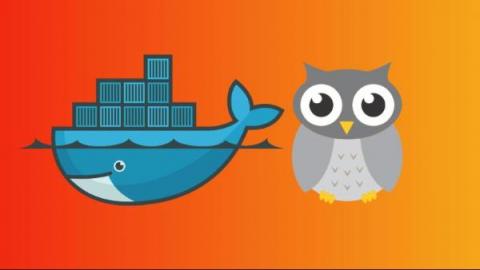Operations | Monitoring | ITSM | DevOps | Cloud
Latest News
Introducing a more complete logs forwarding experience
One of the key attributes of DevOps and SRE engineers is their ability to meticulously observe and monitor all of their applications. A task which can be achieved more efficiently by centralizing all generated logs to a central endpoint. By centralizing logging, engineers can, at any time, have an accurate overview of all events which take place across their applications, from just one place. Storing logs in an external system also allows companies to ensure compliance with many certifications.
Securing the Usage of volumeMounts with Kubewarden
Securing a Kubernetes cluster is far from a simple task. How do you know if you have correctly configured volumeMounts in your in-cluster containers? And what about all those workload resources, such as Deployments, Jobs, Pods, etc? Luckily, you can use Kubewarden, an efficient Kubernetes policy engine that runs policies compiled to Wasm. This means you can run powerful specifically-written policies, our reuse existing Rego policies for example.
Cloud Native Mastodon powered by Civo
In technology, nothing is static. We need to be open to experimenting with new platforms and avoid getting locked into any one single entity or technological solution. With all the recent events, many people are looking for alternatives where they can post microblogging content like they did on Twitter. Mastodon has recently become significantly more popular due to its decentralised nature and the power of enabling different communities to define themselves.
3 Best Practices When Using Qovery
Launching increased transparency and control for workspace invitations
Latest DZone Kubernetes in the Enterprise Survey Highlights Key Trends
To keep pace with the accelerating digital landscape, today’s organizations are adopting containers and Kubernetes to enable agility and increased time-to-value. Given Kubernetes widespread adoption, it’s no surprise there are so many new and emerging trends and best practices.
What is an incident management process?
Good incident management is critical to the successful running of any business. Get it wrong, and you risk damaging customer trust, brand reputation and, above all, your bottom line. In this article we’ll give you a 101 on incident management: what is it, why does it matter, and how can you do it well?
Integrating Jira with Cortex Initiatives
Monitoring Docker Containers with cAdvisor
Docker is one of the most popular tools for containerization, and several tools have been developed by the open-source community to monitor what happens inside of Docker containers. This guide focuses on one tool specifically: cAdvisor.











